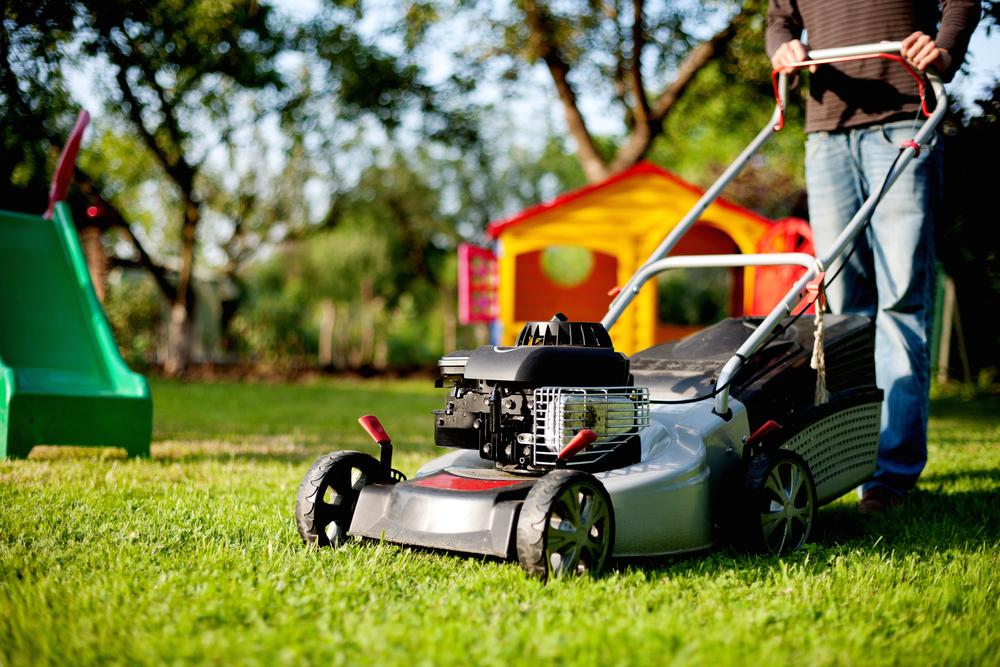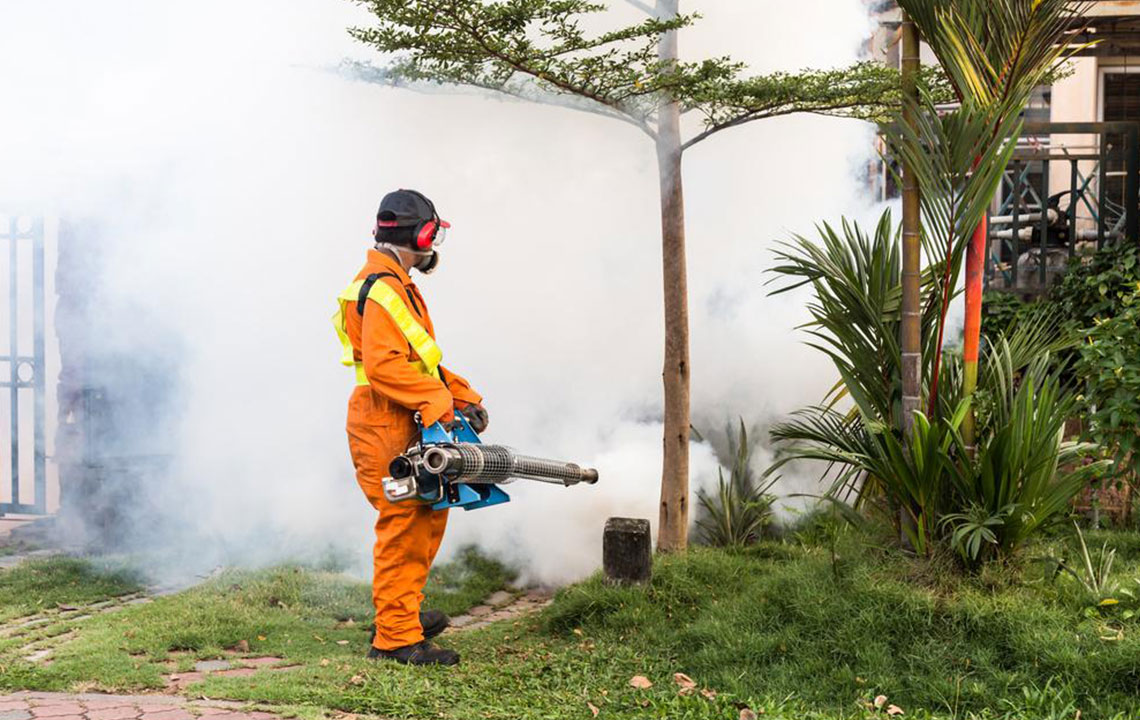Comprehensive Guide to Effectively Eliminating Mosquitoes from Your Outdoor Space
Learn comprehensive and eco-friendly strategies to eliminate mosquitoes from your yard. Discover effective breeding site removal, natural repellents, landscaping tips, and preventive measures to enjoy a safer outdoor space and protect your family from mosquito-borne diseases. Maintaining your yard with these methods ensures a more comfortable, pest-free environment for summer fun.

Comprehensive Strategies for Controlling and Eliminating Mosquitoes in Your Yard
Summer days and warm evenings are perfect for outdoor activities, but the presence of mosquitoes can quickly turn paradise into a nuisance. These tiny pests are not just bothersome; they are known carriers of serious diseases such as malaria, dengue fever, Zika virus, and West Nile Virus. Their rapid reproductive cycle means they can lay up to 500 eggs in a single breeding season, emphasizing the necessity of a comprehensive mosquito control plan. Understanding mosquito behavior, breeding habits, and effective prevention methods is essential for maintaining a safe and comfortable outdoor environment. In this detailed guide, we will explore proven strategies to reduce mosquito populations around your yard, safeguarding your family, pets, and guests from their bites and potential health risks.
Identifying and Eliminating Breeding Sites
One of the most effective ways to control mosquitoes is to target their breeding habitats. Mosquitoes are highly attracted to stagnant water, which serves as their primary breeding ground. Common breeding sites include birdbaths, children's toys such as kiddie pools, old cans, flower pots, clogged gutters, and any containers that collect rainwater. Regularly empty, scrub, or drain these stagnant water sources to prevent mosquitoes from laying eggs. It's vital to inspect your yard weekly, especially after heavy rains, to identify and eliminate standing water.
Overwatering lawns, poorly draining soils, and areas with inadequate drainage also create ideal conditions for mosquito breeding. Ensure your yard has proper drainage by installing or repairing drainage systems, and avoid excess watering. Additionally, maintain outdoor furniture, umbrellas, and decorative items to prevent water accumulation. Clear debris from sheds, garages, and garden beds, as these cluttered spaces can harbor mosquito larvae and provide hiding spots for adult mosquitoes. Strategic yard maintenance forms the foundation of a successful mosquito prevention plan.
Harnessing Natural Repellents with Essential Oils
Natural mosquito repellents are a safe and eco-friendly way to keep these insects at bay. Creating homemade sprays using essential oils such as peppermint, lavender, citronella, lemongrass, and eucalyptus combines their aromatic properties with water or carrier oils to produce effective deterrents. Fill spray bottles with water and add a few drops of essential oils, then spray around outdoor seating areas, verandas, and pathways. The strong scents mask human odors that attract mosquitoes and create an environment they prefer to avoid.
For enhanced protection, reapply the repellent every few hours, especially during peak mosquito activity times at dawn and dusk. Additionally, diffusing these oils using outdoor-compatible diffusers or candles helps disperse the scents over larger areas, providing ongoing mosquito deterrence with minimal effort.
Incorporating Mosquito-Repelling Herbs and Plants
Plant strategic herbs and native plants around your yard that naturally repel mosquitoes. Basil, rosemary, garlic, and mint are renowned for their strong fragrances, which are disliked by mosquitoes. These herbs can be planted in gardens, containers, or borders near seating and activity zones for continuous protection. Their pleasant aromas also enhance the aesthetic appeal of your outdoor space.
Native plants such as bee balm, citronella grass, and beautyberry are especially effective at deterring mosquitoes. These plants not only contribute to a lush landscape but also serve as natural barriers, reducing the likelihood of mosquito bites. Incorporating these plants into your landscaping provides a dual benefit: pest control and beautification.
Maintaining Gutters, Drainage, and Waste Areas
Proper maintenance of gutters, ditches, and drainage systems is critical to prevent mosquito breeding. Regularly clean gutters and downspouts to remove leaves, dirt, and debris that can trap water. Ensure that ditches or drainage holes are free of obstructions and properly graded for water flow. Standing water in neglected gutters is an invitation for mosquito larvae to thrive.
Furthermore, secure trash cans with tight-fitting lids to prevent water accumulation and minimize exposure to mosquito breeding sites. Avoid leaving compost piles exposed for long periods, as they can emit gases that attract mosquitoes. Proper waste management not only reduces breeding sites but also contributes to a cleaner, healthier yard overall.
Using mosquito dunks or larvicides in water bodies that cannot be drained, such as ponds or water features, can further control mosquito larvae. Always choose environmentally friendly options and follow manufacturer instructions to ensure safety for your family, pets, and local wildlife.
Utilizing Fans and Insect Repellent Candles
Deploying outdoor fans is an effective deterrent because mosquitoes are weak flyers and dislike strong air currents. Setting up oscillating or ceiling fans near gathering spots can significantly reduce mosquito presence, making outdoor activities more enjoyable. Combine this with the use of citronella or other citronella-based candles, which emit scents that repel mosquitoes. Lighting these candles during outdoor dinners, parties, or relaxation periods creates a more pleasant environment while providing protection against bites.
For enhanced outdoor defense, consider combining fans and citronella candles with other repellent strategies for maximum efficacy. Be sure to position fans properly to cover all seating areas without creating uncomfortable drafts.
Landscaping and Yard-wide Treatments
Strategic landscaping can minimize shaded, humid areas favored by mosquitoes. Keep your grass short, and trim bushes, shrubs, and tree branches regularly, especially those near seating or play areas. Sunlit yards are less attractive to mosquitoes, so opening up shaded spots can discourage their presence. Removing overgrown vegetation and pruning keeps the yard safer and more inviting for family activities.
For persistent mosquito problems, professional or DIY yard treatments can provide added protection. Organic, pet-safe mosquito sprays are widely available and can be applied around the perimeter of your property, including fences, shrubs, and standing water sources. These sprays create a barrier that deters mosquitoes and disrupts their life cycle. In severe cases, licensed pest control professionals can apply targeted insecticides, but always consult experts to choose safe, effective solutions.
Always follow label instructions and consider environmental impact when selecting treatment options to ensure the safety of your family, pets, and local ecosystem.
Protecting your home from mosquitoes involves a comprehensive approach that combines environmental management, natural deterrents, and strategic landscaping. Sealing cracks around windows and doors, repairing or installing screens, and using mosquito netting indoors further enhance your defense. Indoor foggers or mosquito traps can supplement outdoor efforts, especially in high-risk areas.
By adhering to these detailed strategies, you can significantly reduce mosquito populations around your yard. This not only improves your outdoor experience but also lowers the risk of mosquito-borne diseases, making your yard a safer, more enjoyable space for everyone. Remember, consistent maintenance and vigilance are key to long-term mosquito control success.





